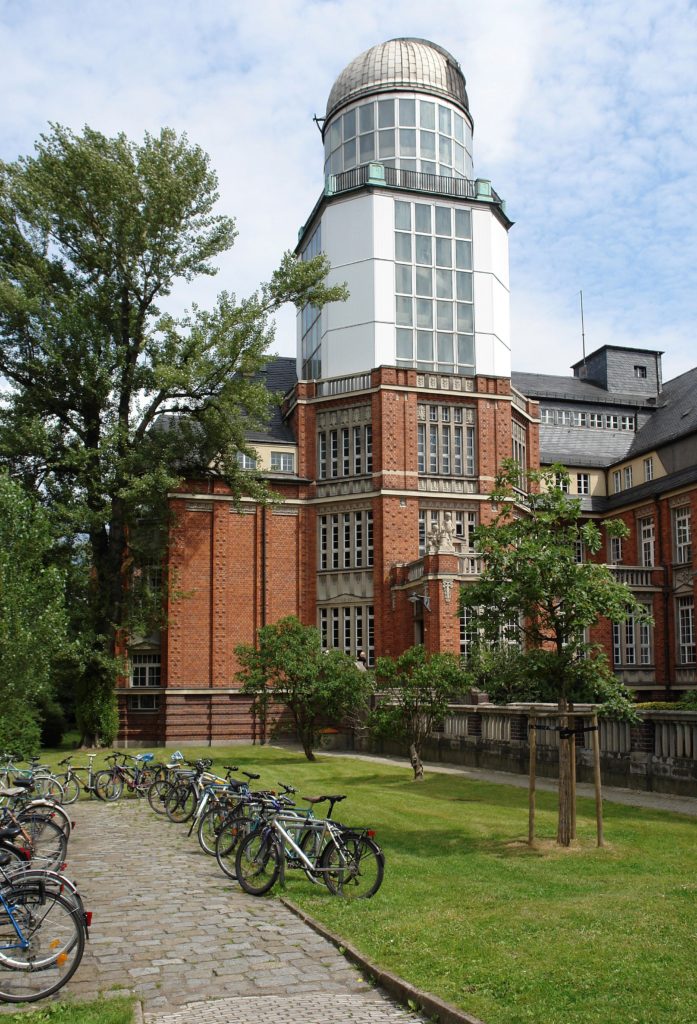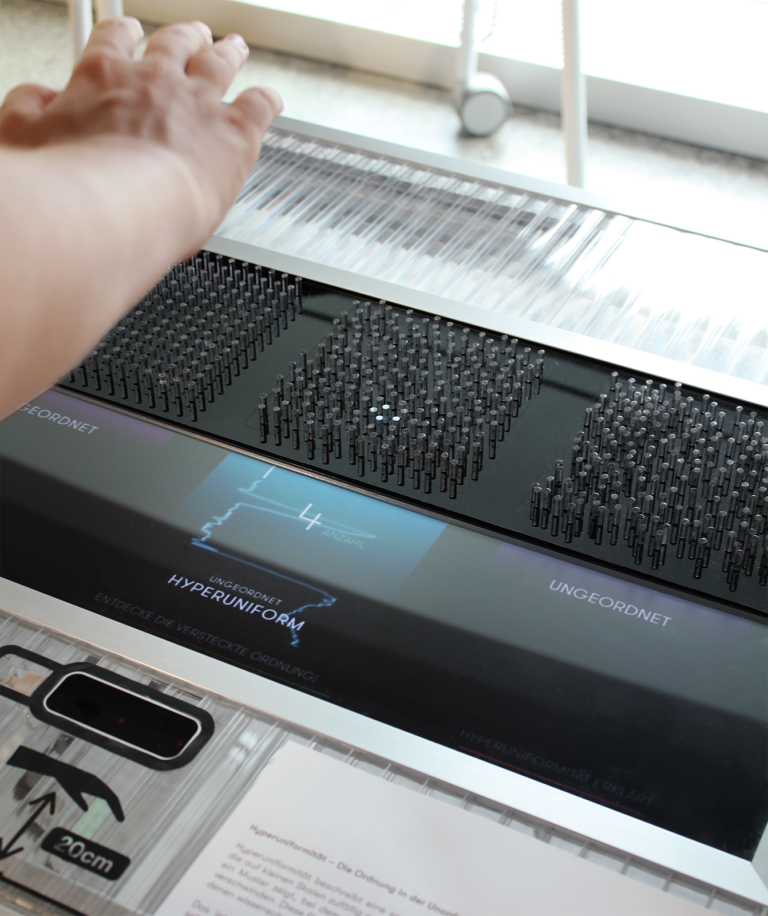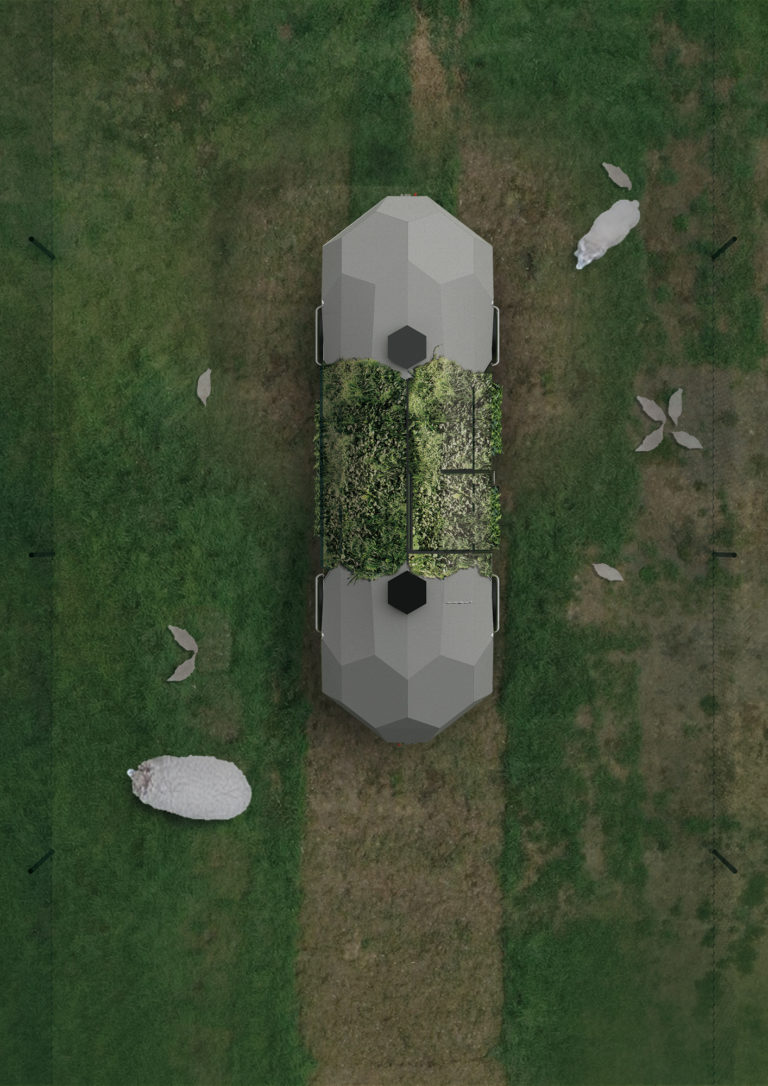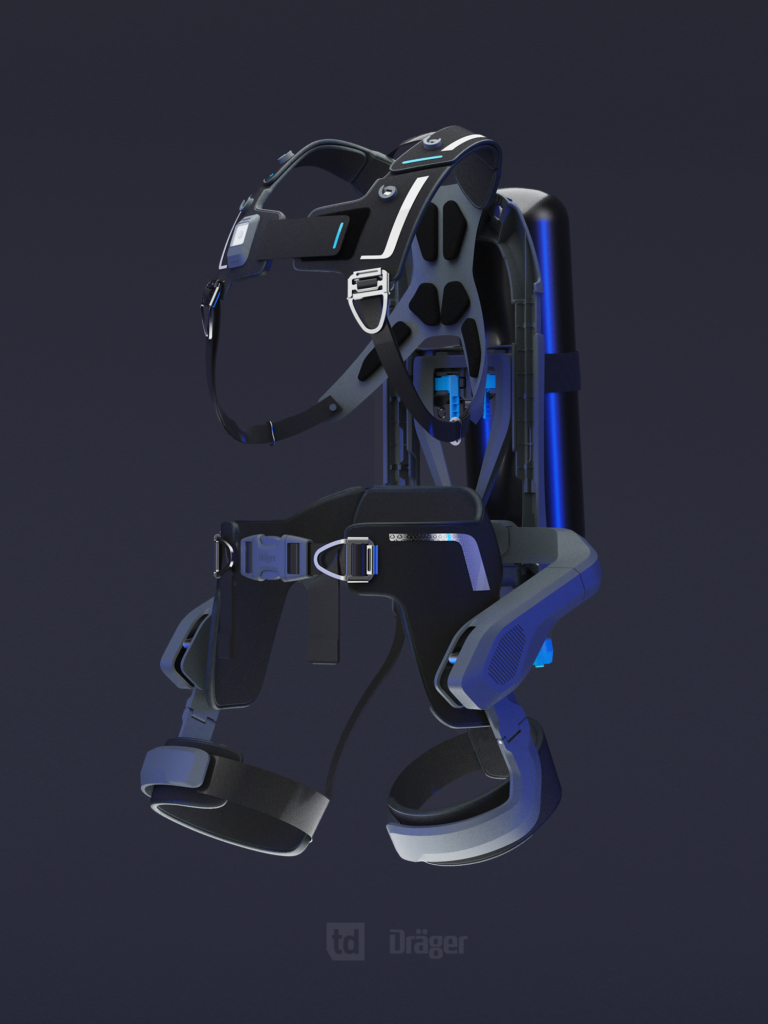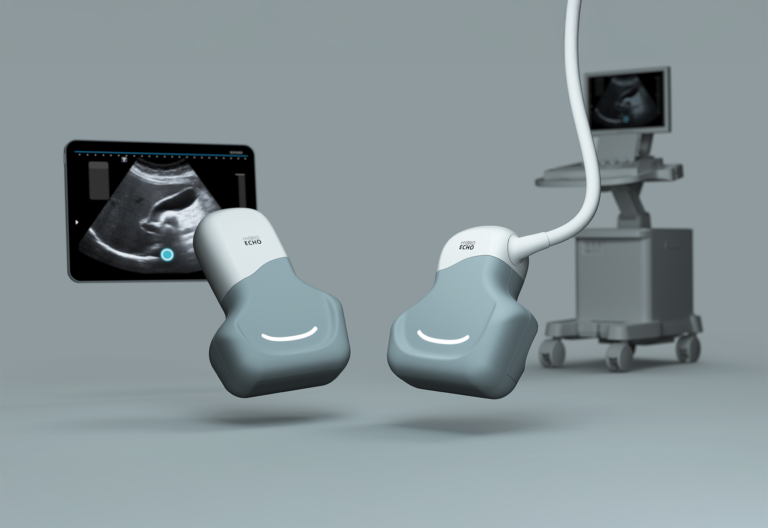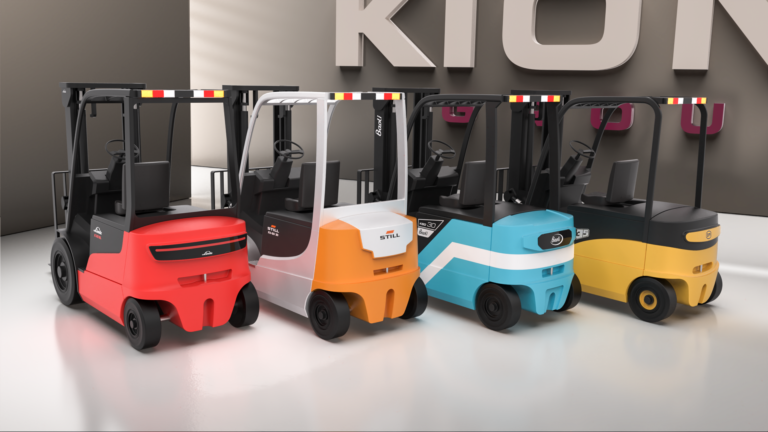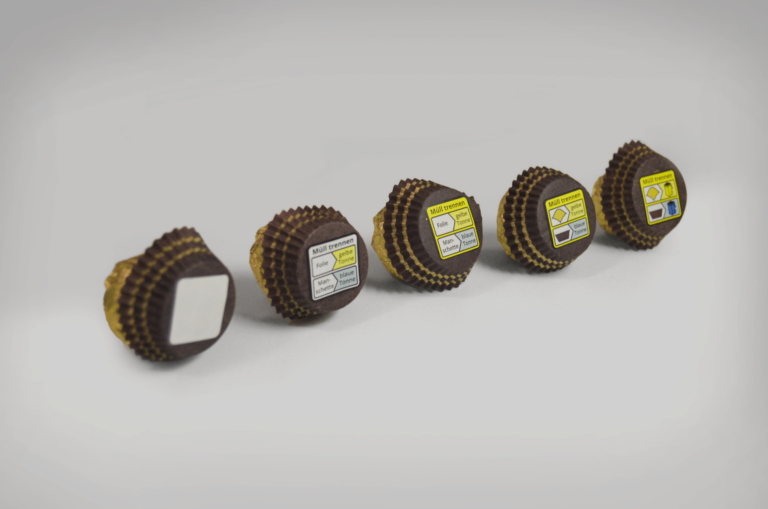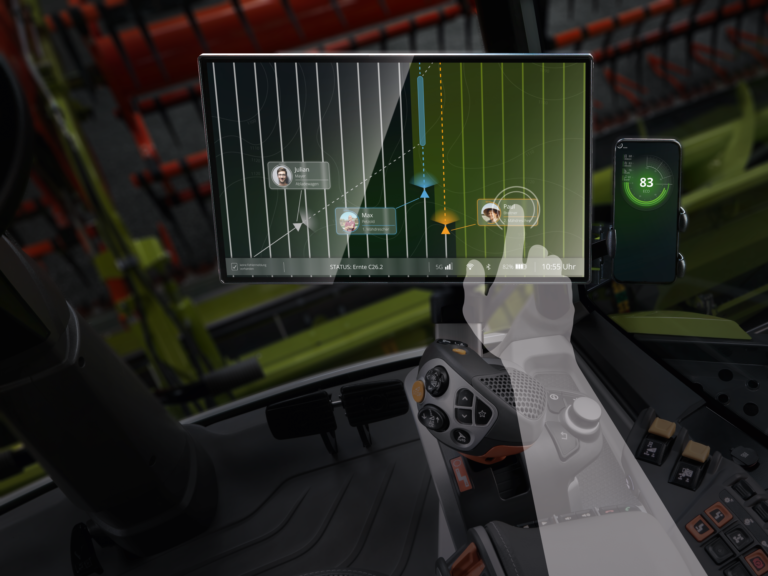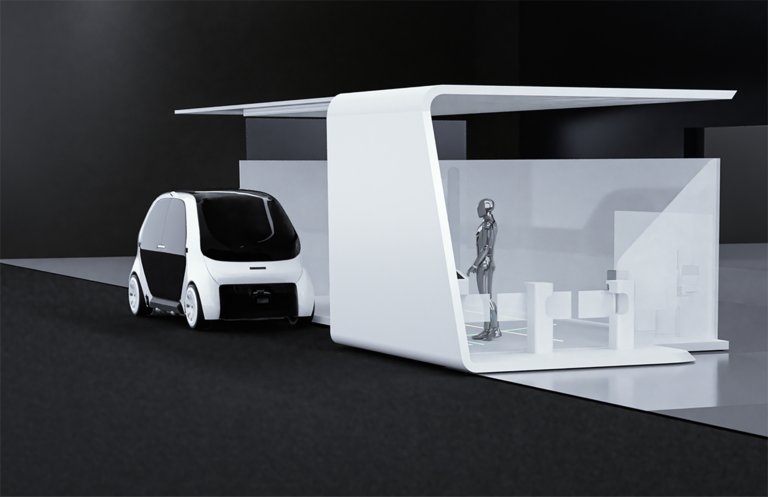Technische Universität Dresden
technischesdesign.mw.tu-dresden.de/blog/
www.instagram.com/technischesdesign/
Prof. Dr.-Ing. Jens Krzywinski
Professor für Technisches Design
Dr. Christian Wölfel
koordiniert und beantwortet alle Fragen zum Designstudium an der TU Dresden
More independence, more synergies, more interdisciplinarity, more room for manoeuvre: Guided by this vision, the Technische Universität Dresden ensures academic diversity and at the same time uses the synergetic advantages in research, teaching and administration. With 17 faculties in five areas, it offers a wide range of 124 degree programmes and covers a broad spectrum of research from which almost 32,000 students and 8,300 employees from 70 countries currently benefit. Since 2012, the TUD has been one of the eleven German universities of excellence.
For many decades now, students of technical subjects have been trained as professional designers at the TU Dresden. The degree with an engineering diploma (corresponding to M. Sc.) is still rare in Germany, but corresponds to international developments in design education and is in great demand in industry.
Professorship for Technical Design
Technology only becomes useful when it is applied sensibly. At first this sounds like a formulaic statement, but in the complex practice of product development this core statement must not be allowed to lose focus. The design education in the Industrial Design profile line at TU Dresden therefore focuses on the interactions between design and technology, man and machine, communication and systems. It combines scientific, technical and economic basics with an education in human-centred design that builds on them. This combination, which is unique in Germany at a scientific university, offers ideal conditions for conceiving and designing technically complex and innovative products based on human, social and ecological needs. Just as a bridge connects two sides, our projects also connect several stakeholders who experience the designed systems and interact and work with them – in robotics, medical technology or the agricultural industry, among others. In this way, we can jointly find sustainable solutions that are gladly used and really help.
Our students take on the challenge of designing the human experience of technology, taking into account functionality, aesthetics, production and marketing. For this purpose, they learn a comprehensive set of theoretical knowledge, systematic methods and practical skills, which they use and develop further in a variety of design projects. Just like the work after graduation, the design studies at the TU Dresden are already characterised by inter- and transdisciplinary cooperation. The spectrum of engagement ranges from user research to the conception and design of prototyping specualtive designs, demonstrators and product service systems. In the development process, these practical work processes are underpinned with social science and psychological, engineering and economic fundamentals and completed with creative as well as systematic design methods. This interesting mixture provides the basis for a scientific approach to the partly playful subject of design. The resulting innovative solutions can contribute to sustainable development. The competence to develop holistic solutions for complex problems can be decisive.

